The Indigenous Resistance is Still Going Strong
Today, the University of Belize held an Indigenous Resistance Day forum to celebrate the vibrant Maya and Garifuna cultures. This event brought together people from all walks of life to explore the history and cultural significance of these communities’ practices and beliefs, while also engaging the youth in meaningful conversations. News Five’s Britney Gordon was there to give us the full scoop. Here’s the story.
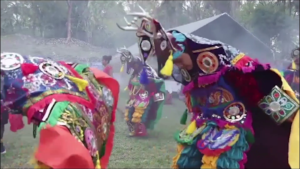 Britney Gordon, Reporting
Britney Gordon, Reporting
The spirit of indigenous resistance is alive and thriving, growing stronger every day. Indigenous Resistance Day brings together people from diverse backgrounds to shine a light on the struggles of indigenous communities and their fight for liberation. Today, at the University of Belize, students and stakeholders gathered to discuss the importance of preserving these rich cultures and to educate each other on their unique beliefs and practices.
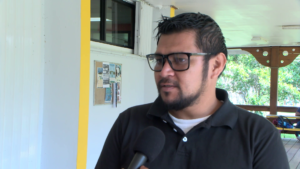
Delmer Tzib
Delmer Tzib, Coordinator, Inter-cultural Indigenous Language Institute
“We are celebrating it in a very unique way, trying to open a space for academic discussion, but also to an extent, breaking the walls, because we want the community to also be engaged in discussions about what does it mean to be indigenous in Belize, secondly, different expressions that relate to the cultures that exist in Belize. One of the biggest concepts that we are pushing is the idea of interculturality. Interculturality centers on the notion of understanding each other. So you don’t only know that these cultural expressions exist, but you try to understand what is the significance of it.”
At the forum, both Mayan and Garifuna communities came together to share the cultural significance of the Deer Dance and the Wanaragua. The aim is to tear down the barriers between Belize’s diverse cultures, fostering a true sense of intercultural unity.
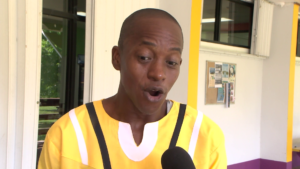
Joshua Arana
Joshua Arana, Owner, ORO Drumming
“Culture is very important. All of us identify with a culture and we need to start to find ways of understanding how. What commonalities we have because we keep looking at the differences that, that makes us who we are. And today we’re going to talk about the Wanaragua. Some, many people know it as Jankunu, and we’re going to get into a little bit more details about what one hour, one hour ago really is.”
The Owner of ORO Drumming, Joshua Arana, presented on the Wanaragua dance, explaining what the different ribbon colors and steps of the dance signify.
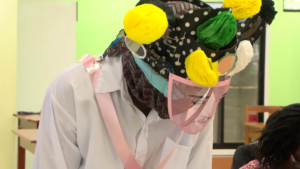 Joshua Arana
Joshua Arana
“It is important for our youth population to be able to understand who it is that they are, who it is that we are, and where it is that we came from. I think that present day there is a disconnect between what was, what is, and what will be. All of us as people we are here because our culture is our legacy from our ancestors. And we need to start recognizing that for us to be able to know where it is that we want to go in the future.”
Creating spaces for young people to discuss indigenous cultures reassures students that pursuing an education doesn’t mean abandoning their heritage. Eighteen-year-old Tareek Smith, now a sophomore at the University of Belize, shares how deeply involved he’s been with the Garifuna community.
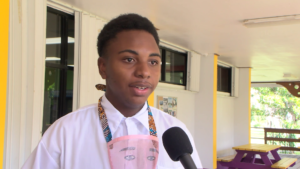
Tareek Smith
Tareek Smith, Wanaragua Dancer
“I am Garifuna. My parents are Garifuna and we have this culture, and we need to express this culture. So as I got older, I felt like I needed to connect to my culture, and that’s how I got into drumming and dancing and all this stuff.”
The holiday shines a light on the struggles that indigenous communities have overcome and are still grappling with to this day. Forums like these, create conversations about how that work can be supported and strengthened.
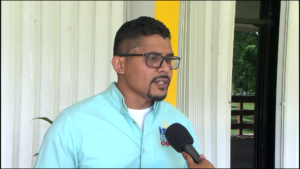
Rolando Cocom
Rolando Cocom, Director, ISCR
“Our indigenous peoples have endured horrendous suffering because of colonialism the diseases that were brought when Europeans arrived to this side of the world. It’s a significant depopulation of our indigenous peoples. And the same goes for Africa, for African ancestors and our Garifuna communities who had to escape genocide and resist for their very survival. And can now celebrate continue resisting.”
Director of the Institute of Social and Cultural Research at NICH, Rolando Cocom explains how the institute is working to celebrate indigenous people every day of the year.
Rolando Cocom
“Indigenous languages continue to be at risk. Traditional expressions continue to be at risk. And so that is what we’re, what we are aiming to do at the University of Belize. Is really to say the work of indigenous peoples are important. Their culture is important. And we want to ensure that more and more Belizeans have an opportunity to learn more from each other. And to reduce the suspicion, the discrimination that exists. Colonialism has brought to our society.”
Britney Gordon for News Five.





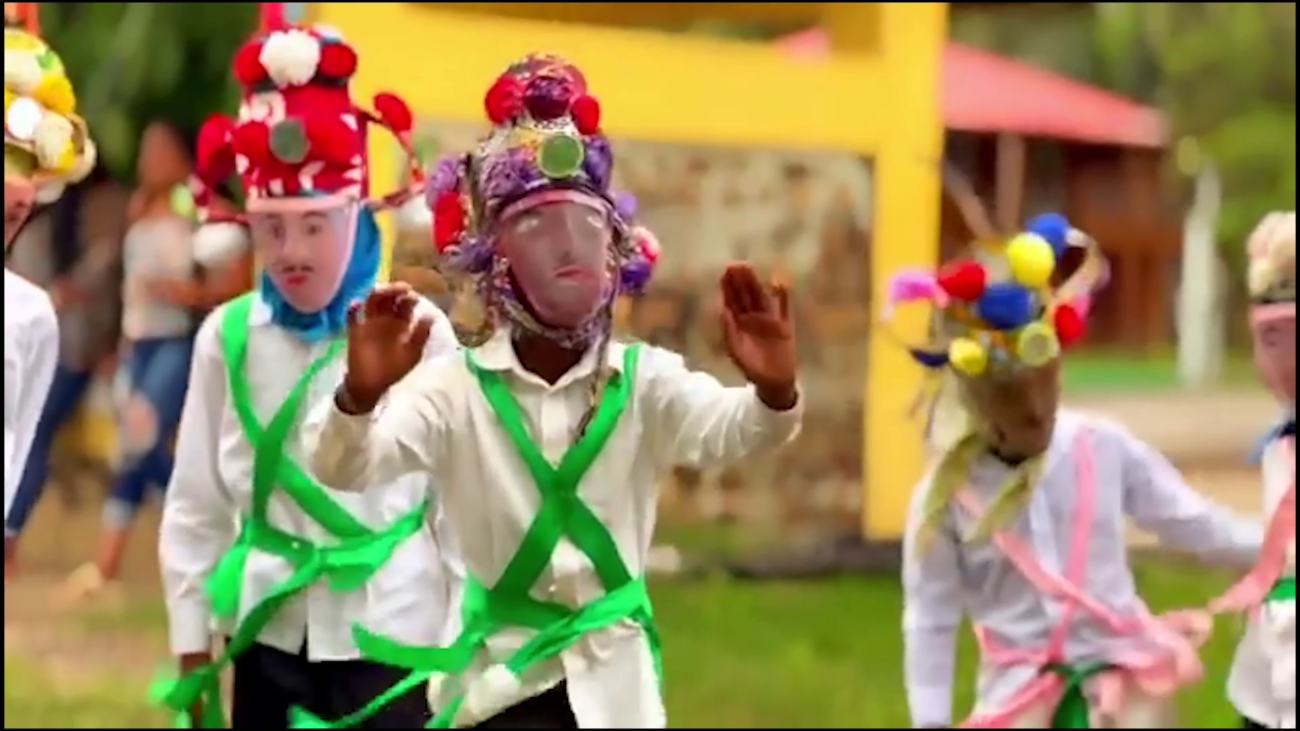

Facebook Comments